Apple should fear the Galaxy S23 Ultra and the year ahead
iPhone dominance is about to end
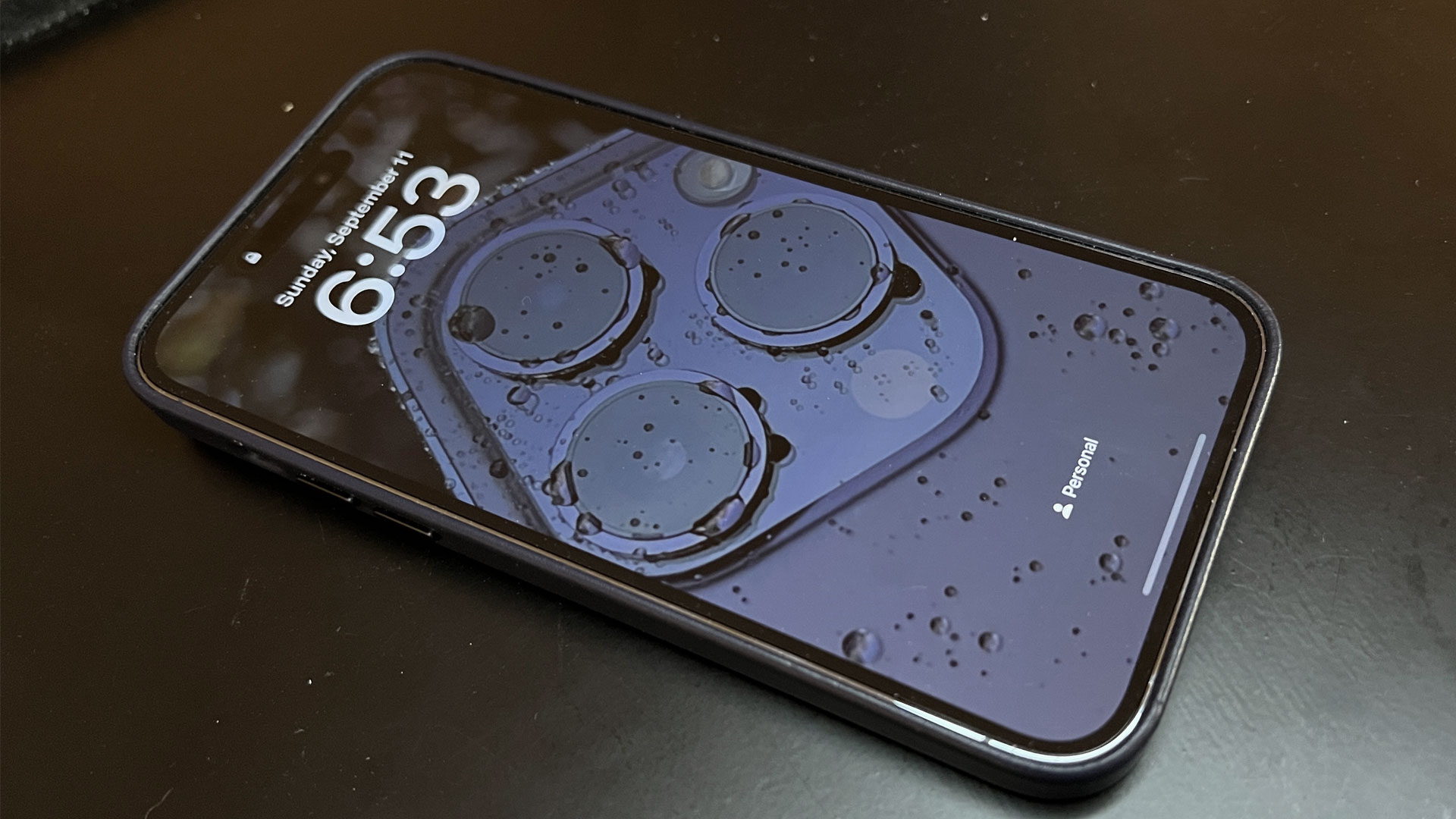
If you want the fastest phone, buy an iPhone 14 Pro. If you want the best camera and selfies? DxOLabs says it’s the iPhone 14 Pro. The brightest and most accurate phone screen? Also the iPhone 14 Pro. Now, leaks suggest that Apple’s unchecked dominance could be in jeopardy, as the Samsung Galaxy S23 Ultra could be the biggest threat the iPhone has faced in years.
We criticize Apple for its walled-garden approach, but that isn’t why people buy the best iPhones, especially not the high-end iPhone 14 Pro. It’s true that Apple services like iMessage, or its iCloud backup, keep users addicted to Apple and feeling unable to leave. If the phones weren’t great, folks would find a way.
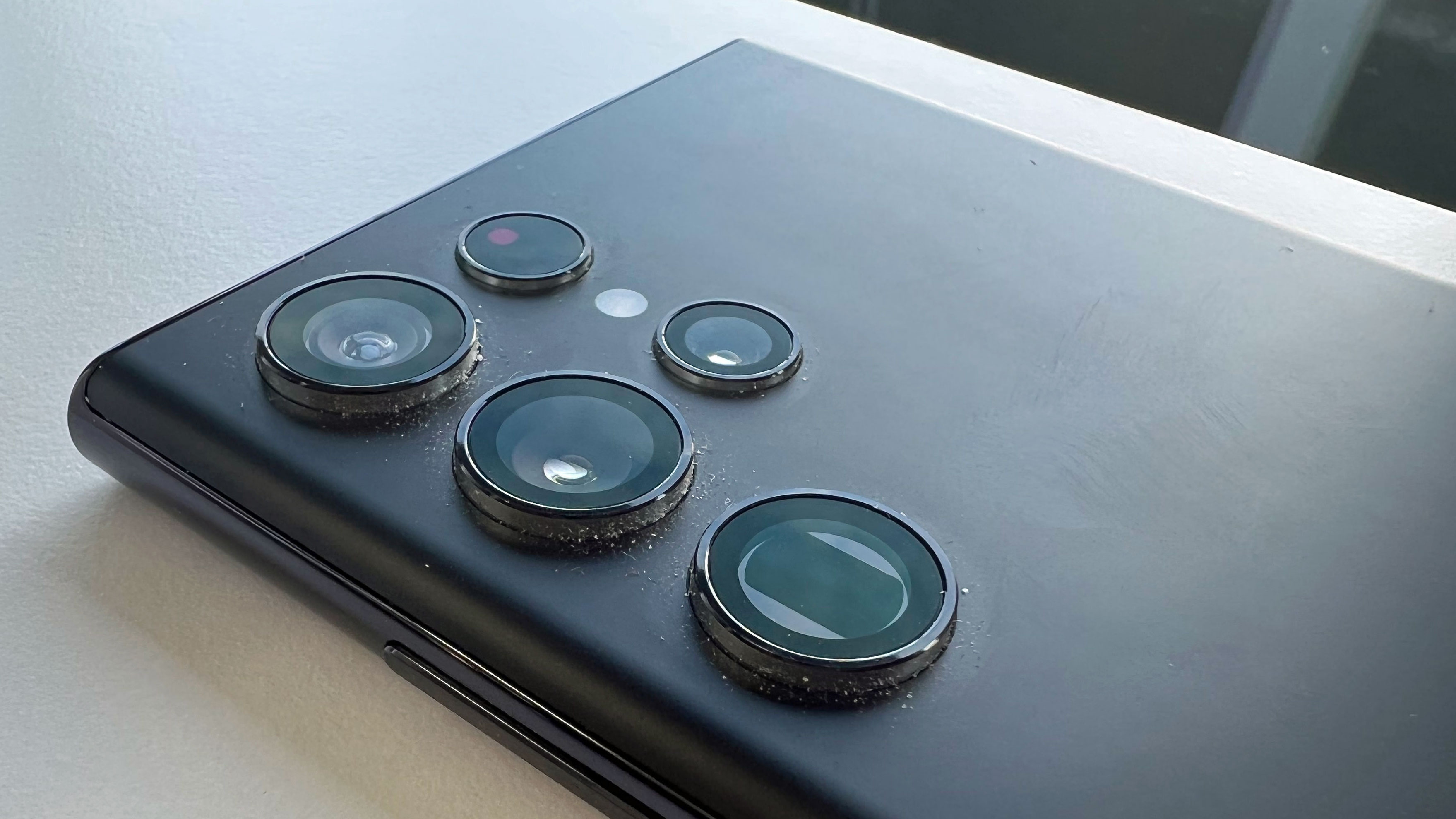
Apple phones used to have the coolest design, but Samsung and Google caught up, and who doesn’t wrap their phone in a case anyway? It used to be that Apple phones were so much prettier and sleeker than the competition, anyone interested in style wouldn’t be caught in public carrying anything less. Those days are behind us.
Apple iPhone still has the best cameras, right?
Apple cameras are still the best, but Apple doesn’t pack all of the best cameras into its iPhone. You can snap the best wide and ultrawide shots with the iPhone 14 Pro, but you can’t shoot a 10X optical zoom photo like the Galaxy S22 Ultra, and you can’t make amazing, enhanced astrophotography photos like you can with Samsung’s flagship and the Google Pixel 7 Pro.
Recent leaks of the Galaxy S23 Ultra spec sheet show us that Apple could fall even further behind in the coming year. Samsung is taking no prisoners with its 200MP camera sensor, rumored to be the highlight of the next big phone, launching in February 2023.
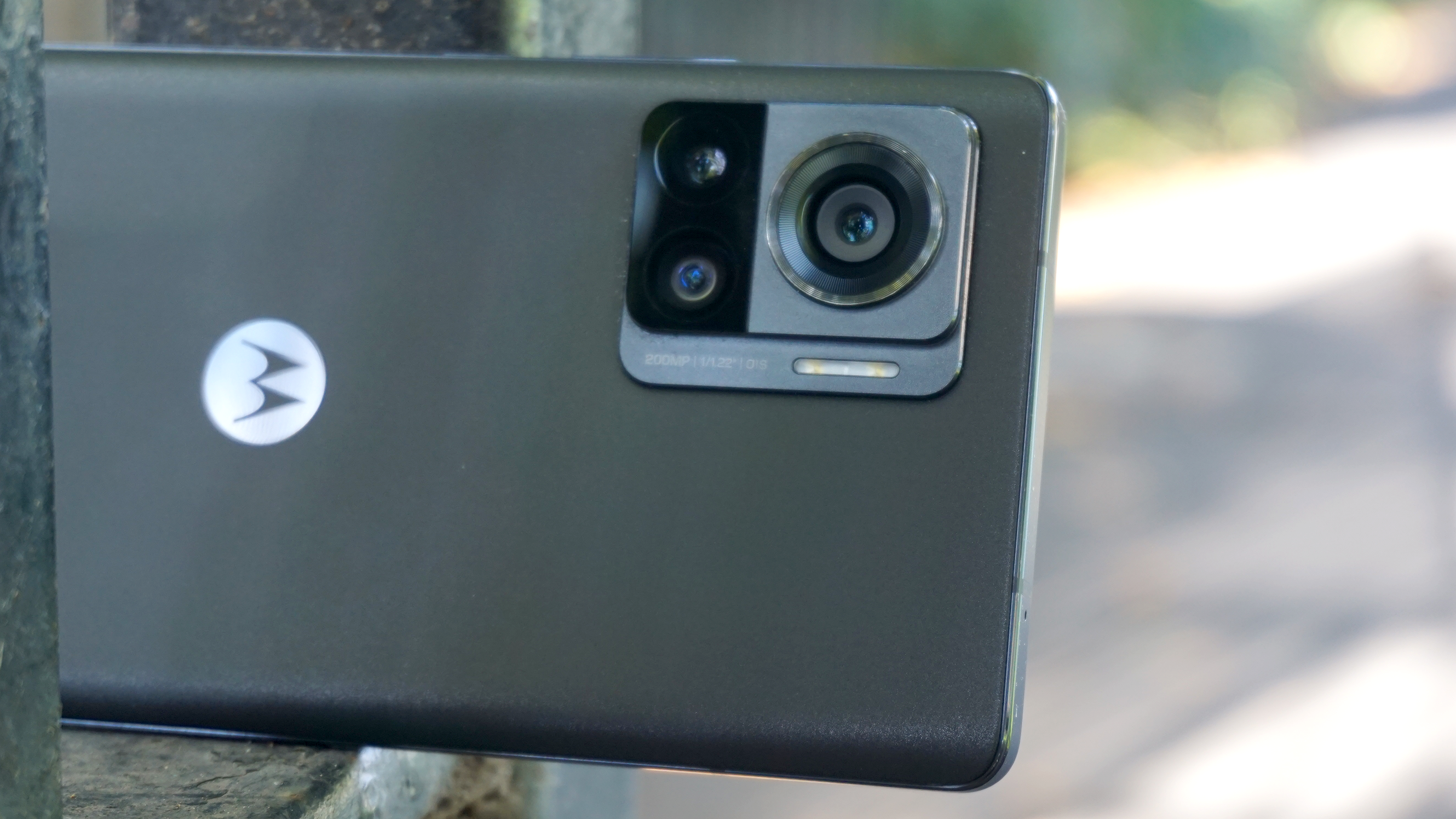
Samsung Semiconductor has been making a 200MP sensor for a year, but Samsung Mobile Experience hasn’t included one in a Galaxy phone yet. Motorola sold the Edge 30 Ultra with Samsung’s big sensor, but we’re hearing from unusually enthusiastic leakers that the 200MP camera sensor in the Galaxy S23 Ultra will be a leap ahead of what current phones can produce.
Is the iPhone still the fastest phone you can buy?
The gap between Apple Bionic chips and the Android world was so distant in the past that it wasn’t even close
Besides the new camera sensor, we already have a good idea how the upcoming Galaxy S23 family will perform. Qualcomm has been bluntly hinting that it will be the exclusive mobile platform for Samsung’s next phone worldwide, leaving behind the underperforming Samsung Exynos.
Sign up for breaking news, reviews, opinion, top tech deals, and more.
Some kind folks have benchmarked the Snapdragon 8 Gen 2 chipset that the Galaxy S23 Ultra will presumably use, and it performs admirably. Using benchmark tools that work on both iPhone and Android, the next Qualcomm platform comes closer than any previous Snapdragon to matching Apple’s current chipset.
It is not quite a win, and benchmarks are a measurement tool, not a complete picture. Still, the gap between Apple Bionic chips and the Android world was so distant in the past that it wasn’t even close.
This drew more developers to Apple. It ensured fewer complaints of dragging performance by iPhone owners. If Samsung phones run as fast as iPhones and don’t slow down, what will owners complain about? Not much.
What can Apple do to keep winning?
There won’t be one phone to scare Apple, but Apple should be scared. Its dominance in every way is crumbling. In the next year or so, we could see Samsung phones that beat Apple in performance, camera image quality, and who knows how many other new ways? Samsung phones already pack features like stylus support that the iPhone lacks.
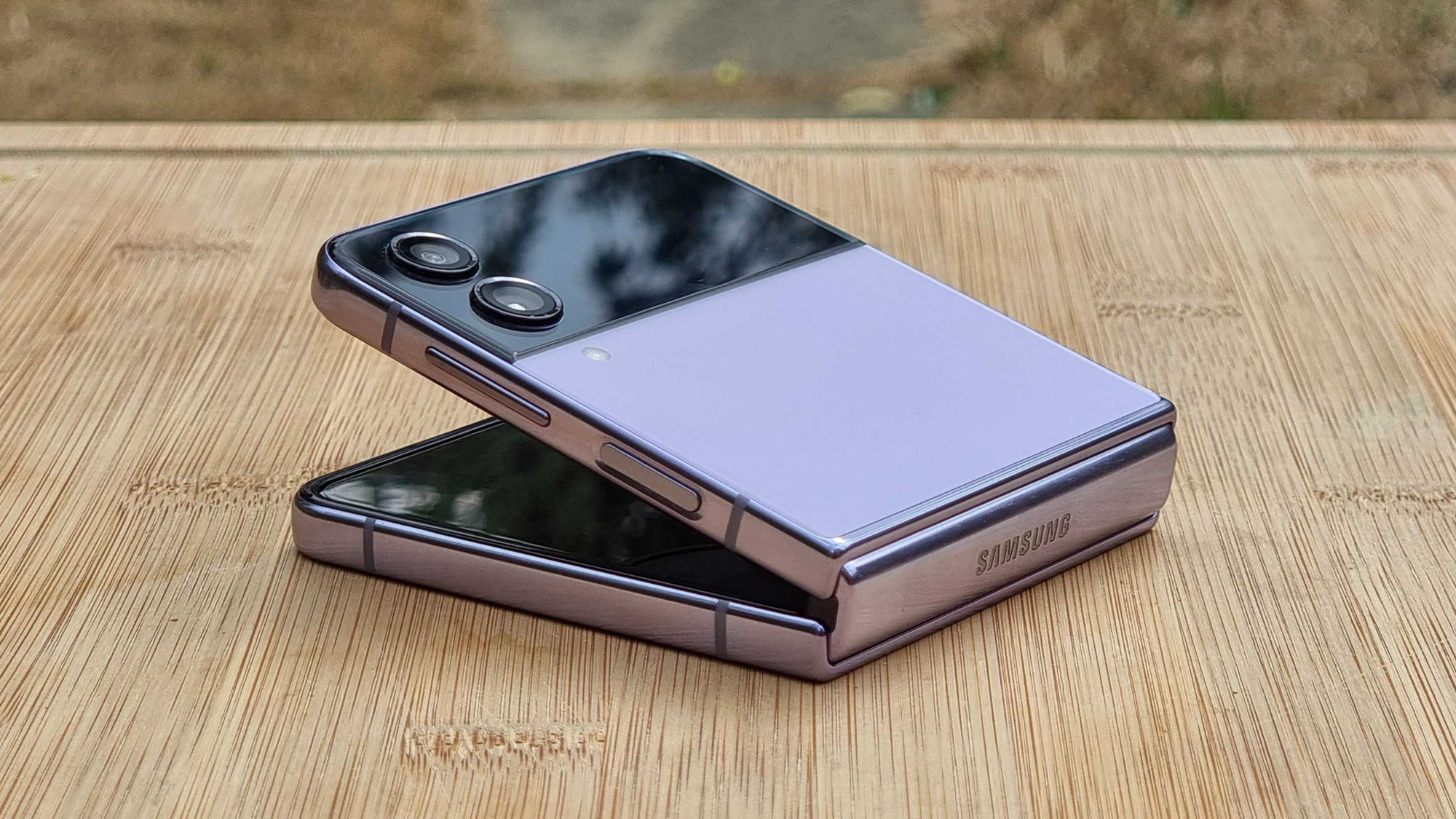
We hear that Apple may launch a folding phone, or perhaps an iPad tablet that folds. This is a classic Apple move, especially in the face of a challenge from its biggest hardware competitor. When Samsung changed the market with its humongous Galaxy Note phones, Apple spent years lying in wait before catching up quickly with big phones of its own.
Still, what is the win for Apple in folding phones? Will its phones be the most foldable? How will Apple differentiate any of its new devices in the future, foldable or flat, as competitors finally close the gap on key features and benefits that before went unmatched?
Apple's walled garden needs a hedge
The walls are crumbling for Apple from all sides. The iPhone is expected to lose its Lightning port in the next generation or so, which will mean the end of contemptibly proprietary accessories.
If your iPhone accessories work just as well with any Samsung or Google phone, you might not feel like you’re stuck with Apple the next time you need a new phone. Losing Lighting in favor of USB-C is great for consumers, and also great for competitors. Apple should be afraid, as another garden wall falls down.
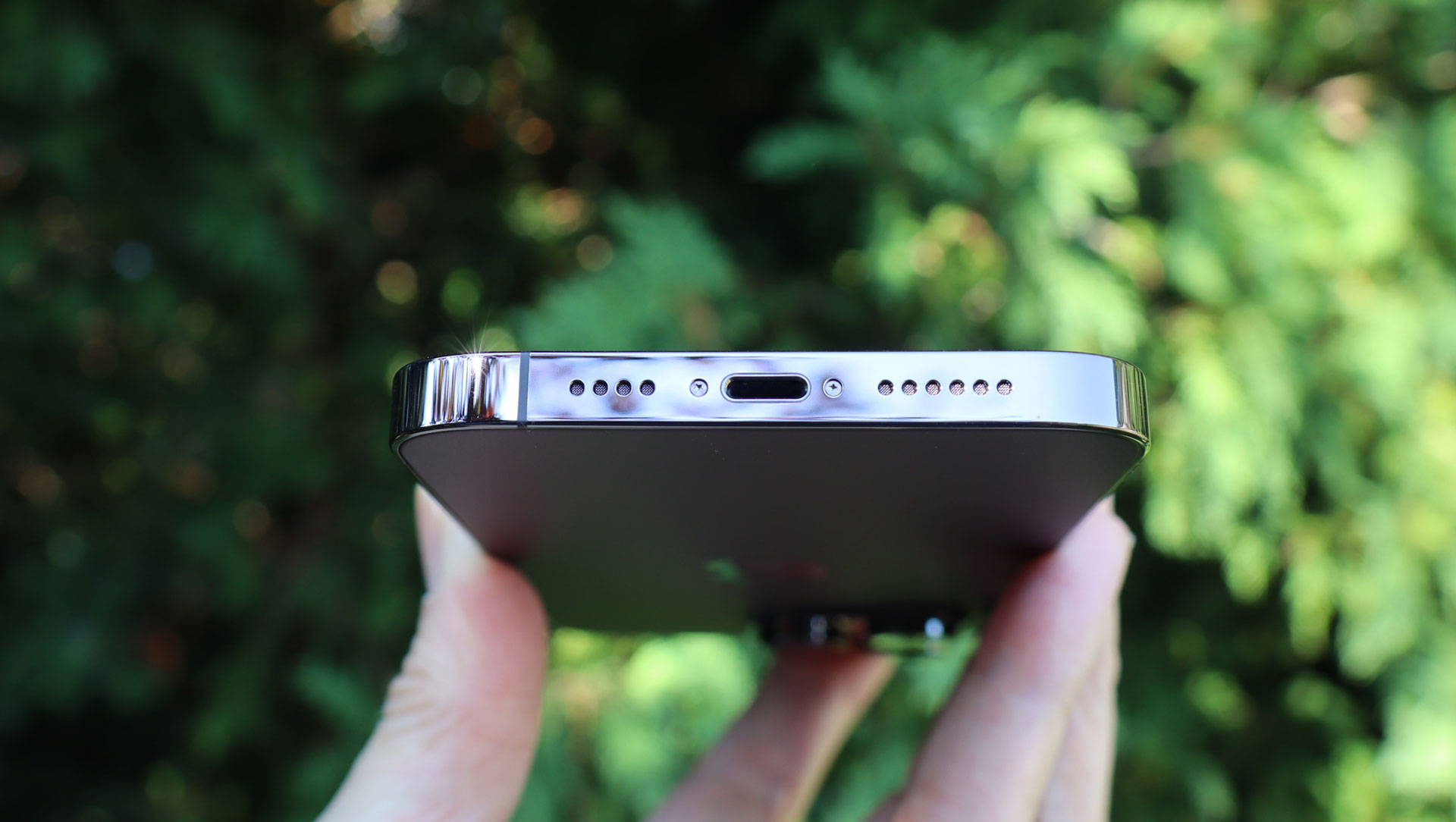
Google is making strides with RCS messaging and other text message adaptations that foil Apple’s iMessage advantage. Even prehistoric features, like phone calls, are seeing improvements on Google Pixel phones that Apple won’t match. Google just launched clear calling AI features on its Google Pixel 7 phones, enabled exclusively by the Tensor G2 chip.
We haven’t seen similar exclusive features enabled by the Apple A16 Bionic chip, just raw performance. Apple has felt comfortable leading the smartphone pack with the fastest phones, the best cameras, and the coolest designs. As those advantages fade, Apple should be worried about remaining stagnant while the competition races ahead.
Before the world shifts on its axis and Apple is suddenly threatened by Samsung, you might want to take a look at some of the best phones of the year, which includes models from, naturally, Apple and Samsung.

Starting more than 20 years ago at eTown.com. Philip Berne has written for Engadget, The Verge, PC Mag, Digital Trends, Slashgear, TechRadar, AndroidCentral, and was Editor-in-Chief of the sadly-defunct infoSync. Phil holds an entirely useful M.A. in Cultural Theory from Carnegie Mellon University. He sang in numerous college a cappella groups.
Phil did a stint at Samsung Mobile, leading reviews for the PR team and writing crisis communications until he left in 2017. He worked at an Apple Store near Boston, MA, at the height of iPod popularity. Phil is certified in Google AI Essentials. His passion is the democratizing power of mobile technology. Before AI came along he was totally sure the next big thing would be something we wear on our faces.